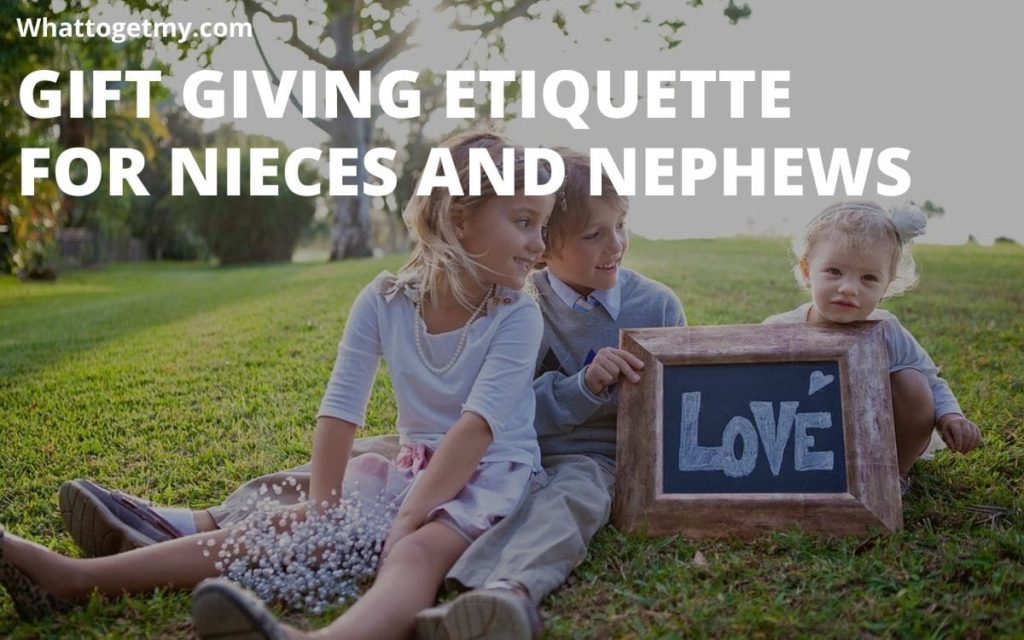DIY Gift Kits vs Experiential Gift Ideas: The $25 Showdown
The gifting season is upon us, whether you're scrambling for last minute birthday gifts or planning ahead for Thanksgiving hosts. We all want to give something meaningful without emptying our wallets. That’s where the age-old question pops up: Should you opt for a tangible, creative DIY gift kit or lean into the magic of experiential gift ideas? In this $25 showdown, we’re breaking down both approaches to help you choose the perfect present, especially when sticking to a tight budget for those under $25 gift ideas.
This guide is perfect for anyone looking for thoughtful ways to show they care, from finding cheap personalized gifts to selecting best affordable hostess gifts or even finding something truly unique for those folks who claim they have everything. Let’s dive into the battle for the best budget-friendly, high-impact gift!
The Contenders: What Are We Comparing?
We are pitting two excellent, budget-conscious gifting strategies against each other. Both options excel at delivering thoughtfulness, often beating out generic store-bought items.
Option 1: The Tangible Thrill of DIY Gift Kits
DIY gift kits are curated packages that provide all the necessary components and instructions for the recipient to create something themselves. Think gourmet hot chocolate mixes, personalized soap-making sets, or miniature terrarium builds. They offer an activity and a final product. These are fantastic for crafting enthusiasts or anyone who appreciates a hands-on project.
Option 2: The Lasting Memory of Experiential Gifts
Experiential gift ideas, on the other hand, focus on doing rather than having. At the $25 price point, this might not be a weekend getaway, but it could be a voucher for a local pottery painting session, tickets to a niche museum exhibit, or even a curated "experience in a box" like a fancy coffee tasting kit you assemble yourself. These gifts create memories, which are often invaluable, especially for thoughtful gifts for elderly parents who might not need more "stuff."
Head-to-Head Comparison Criteria

To determine the winner, we need to evaluate these options across several key metrics that matter most to gift-givers on a budget.
1. Features and Capabilities (The "What You Get")
DIY Gift Kits: The feature here is the creation process. You are gifting time, skill development, and a tangible takeaway. For example, a seed-starting kit gives them herbs for the kitchen. They are excellent for gifts for new homeowners who might want to personalize their space.
Experiential Gift Ideas: The feature is the activity. You are gifting immersion and a break from routine. A local cooking class sampler or a voucher for an online masterclass (if you find a good deal) provides immediate engagement. These can be surprisingly unusual gift ideas for men who usually scoff at traditional presents.
2. Pricing and Value Analysis (Hitting That $25 Mark)
This is where the $25 limit really challenges both.
- DIY Kits: You can absolutely find great under $25 gift ideas here. Buying components in bulk (like essential oils or soap bases) and assembling your own kit keeps costs low, offering high perceived value for the effort invested. If you buy pre-made kits, quality can vary widely under $25.
- Experiential Gifts: Hitting $25 for a truly unique experience requires creativity. You often need to combine smaller elements. For instance, instead of a full spa day, you gift a specialized face mask and a voucher for 30 minutes of guided meditation audio. For unique experience gifts, flexibility is key here.
3. Ease of Use (For the Giver and Receiver)
DIY Kits: The ease for the giver depends on your crafting skills. If you’re assembling it, it takes time. For the receiver, instructions must be crystal clear. A poorly designed kit leads to frustration, not fun.
Experiential Gifts: The ease for the giver is often very simple—purchase and print/email. However, the ease for the receiver hinges on logistics. Does the experience require travel? Does it expire? This is a major consideration when choosing unique presents for men who have everything who might be busy or travel frequently.
4. Performance and Longevity

This is the crucial difference: tangible vs. ephemeral.
- DIY Kits: Performance is judged by the final product. Did the soap lather? Do the cookies taste good? The longevity is physical—the finished item sits on a shelf or gets used over time.
- Experiential Gifts: Performance is judged by enjoyment during the event. Longevity is purely memory-based. While memories last, the impact is immediate and fades faster than a physical object.
5. Support and Community (The Hidden Perk)
DIY Kits: Often come with community support via online forums or social media groups dedicated to the craft (e.g., soap-making groups). If you buy a subscription box gifts version, the community aspect is built-in.
Experiential Gifts: Support is usually handled by the venue or provider. If you gift a voucher for a local pottery studio, their customer service is the support system.
Pros and Cons at a Glance
| Feature | DIY Gift Kits | Experiential Gift Ideas |
|---|---|---|
| Pros | Tangible takeaway, highly customizable, great for cheap personalized gifts. | Creates lasting memories, requires no storage space, excellent for unique experience gifts. |
| Cons | Requires recipient time/effort, potential for failure/mess, takes up physical space. | Logistics can be tricky (scheduling/travel), impact is short-lived, harder to keep under $25. |
| Best For | Crafters, homebodies, gifts for new homeowners. | Adventurers, busy professionals, those who value time over things. |
Use Case Recommendations: Who Wins Where?
To truly help you decide, let's look at specific scenarios where one option shines over the other.

When to Choose DIY Gift Kits
- For the Homebody or Hobbyist: If you know someone who loves crafting, gardening, or baking, a DIY gift kit is a guaranteed hit. Think a "make your own spice blend" kit for the culinary enthusiast.
- When You Need a Physical Memento: For significant milestones (like a housewarming), a tangible item that can be displayed or used repeatedly provides lasting value. These kits are wonderful under $25 gift ideas that feel substantial.
- Budgeting for Groups: If you are buying gifts for several people for Thanksgiving dinner, assembling several simple kits (like personalized candle-making) is often cheaper and more personal than buying individual experience vouchers.
When to Choose Experiential Gift Ideas
- For the Minimalist or Traveler: If your recipient hates clutter, or they are constantly on the move, experiential gift ideas are the perfect solution. They get to enjoy something without adding to their inventory.
- When Seeking Unique Presents for Men Who Have Everything: Men who have everything often value novelty. A voucher for an axe-throwing session (if you can find a deal!) or a specialized virtual tasting session fits the bill for unusual gift ideas for men.
- For Thoughtful Gifts for Elderly Parents: Instead of another trinket, an experience that encourages connection—like pre-paying for a shared afternoon tea or a guided virtual tour of a historical site—shows immense care.
Final Verdict: Making the $25 Decision
There is no single winner in the DIY Gift Kits vs Experiential Gift Ideas showdown. The best choice depends entirely on the recipient’s personality and your relationship with them.
If your goal is to provide a relaxing, creative outlet that results in a usable item, lean into the DIY gift kits. They are the champions of personalized, tangible value within a strict budget.
However, if you want to encourage connection, break routine, or create an immediate moment of joy, prioritize experiential gift ideas. Even at $25, a carefully curated experience speaks volumes.
Ultimately, whether you hand them a box of supplies or a ticket to an adventure, the most important element is the thought you put into tailoring the gift—be it a kit or an experience—to what they genuinely enjoy doing. Happy gifting!



